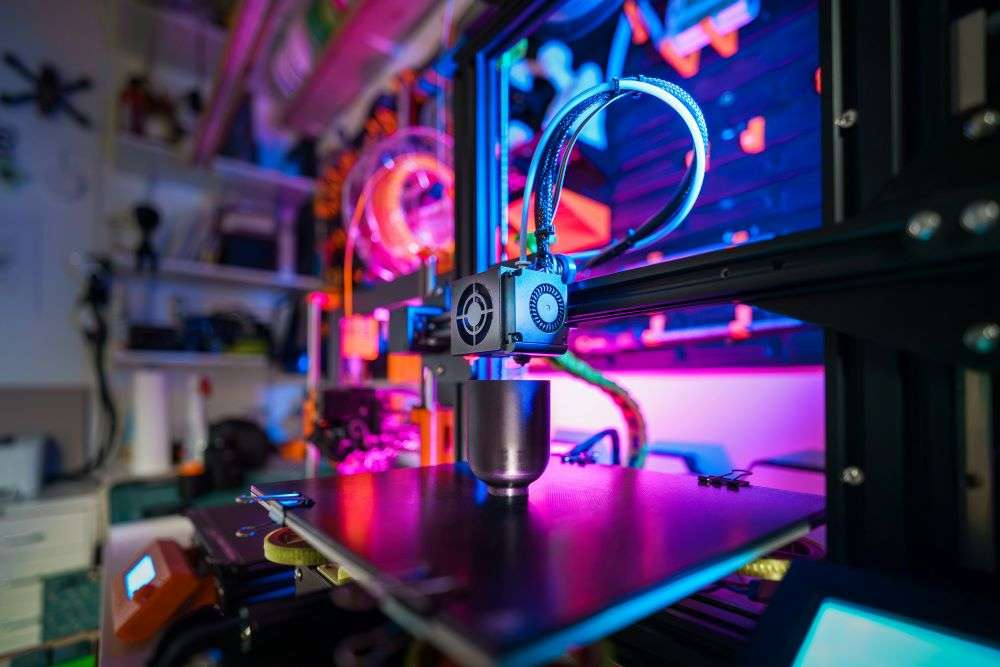The Industrie 4.0 vision has been progressively realized, with modular production and standardized modular automation playing pivotal roles. These advancements have transformed digital twins into asset agents, capable of showcasing capabilities and executing service demands. The transition to high-variability, low-volume production is now feasible, enabling large-scale, on-demand, and custom product manufacturing. Current applications are seen in the electronics and automotive sectors, with rapid expansion anticipated.
Inter-Company Collaboration through Horizontal Integration
The advent of flexible and reconfigurable plants has paved the way for integrated manufacturing networks. These networks allow for local production selection, reducing emissions, and fostering collaboration between different plants. In this setup, procurement and consumers can directly order products from the network. However, for successful inter-company collaboration, secure data spaces following international standards are crucial. Additionally, standardized capability definitions and manufacturing operations are necessary to ensure consistent product quality across the network.
Digital Innovation Across the Entire Value Chain
Innovating labs can create product definitions that can be executed on standard equipment, leading to significant reductions in time-to-production and time-to-market. Encrypted and optionally certified product definitions protect the innovator’s IP and ensure product quality.
The time is ripe for a revamp of production facilities, aiming for improved efficiency, resilience, flexibility, and performance. The implementation of Industrie 4.0 flexible manufacturing in fast-moving products is technically feasible, with a strong business case likely to drive investment decisions. The digitalization and encryption of product definitions could lead to significant time savings and simplify product quality assurance. Despite Industrie 4.0 not being widely adopted in the Americas, its goals align with Smart Manufacturing and Manufacturing Renaissance, offering significant benefits for the American industry. Monitoring developments in this domain is highly recommended.







